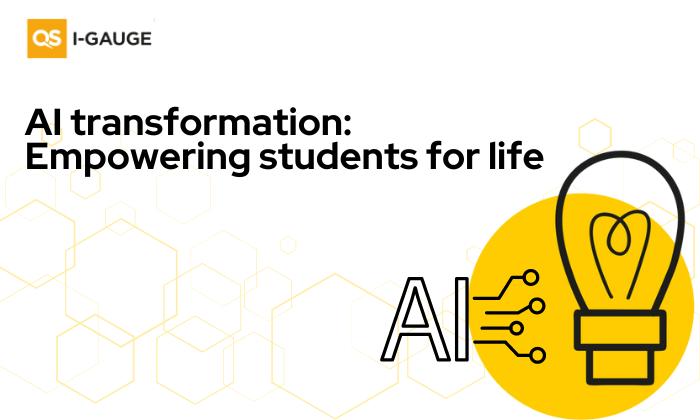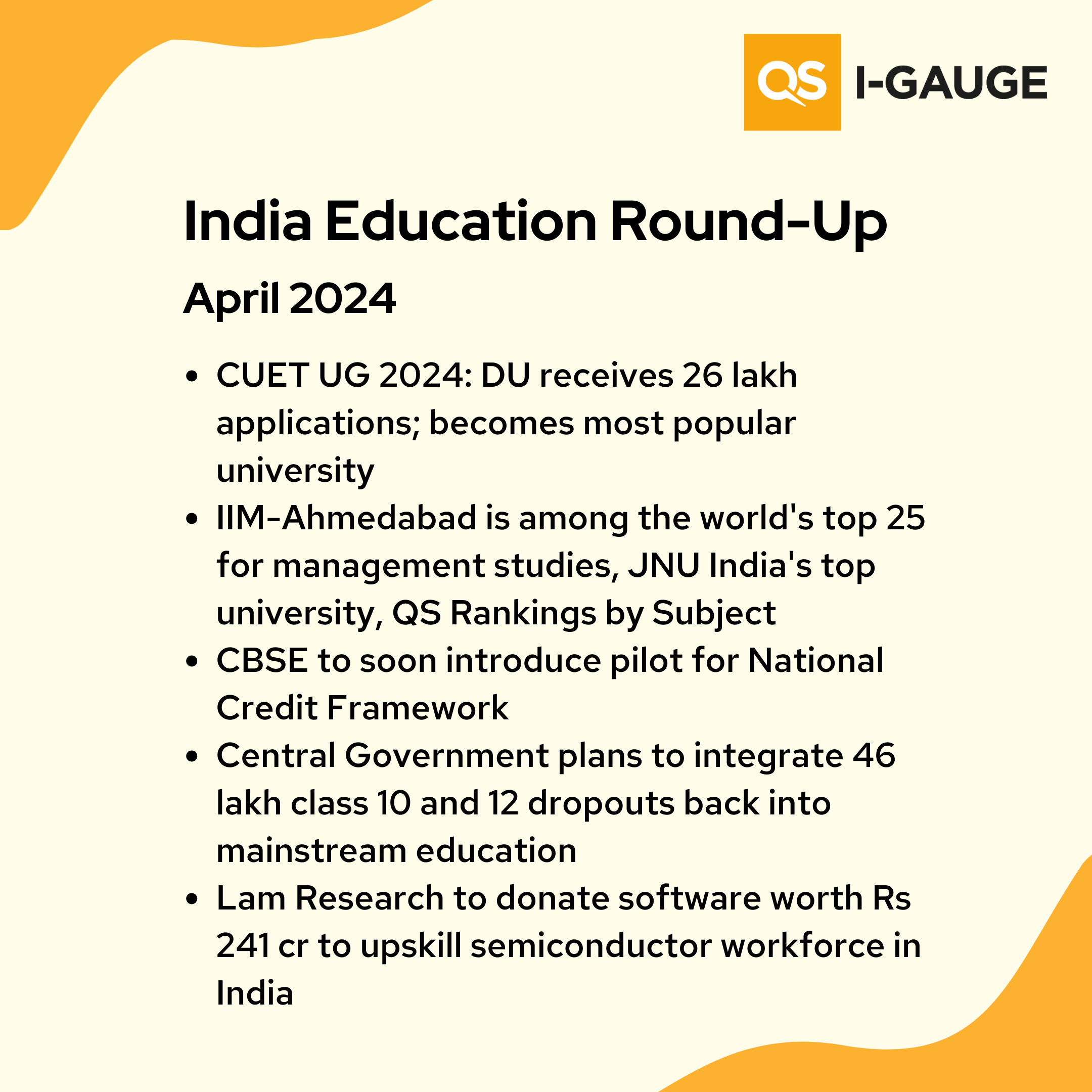
Empowering Women Through Education: A Path Towards Equality
In a global pursuit of progress and equality, International Women’s Day serves as a poignant reminder of the continuous fight for gender balance. While advancements have been made, there remains a significant gap, particularly in education. Education stands as a cornerstone for empowerment, yet countless women worldwide continue to face barriers to accessing it. As we mark International Women's Day 2024, it is crucial to contemplate the profound impact education holds in crafting an equitable society.
Education catalyses women's empowerment by providing them with the knowledge, skills, and confidence to assert their rights and pursue their aspirations. According to UNESCO, education is a fundamental human right and a key driver of sustainable development and gender equality. When educated, women are more likely to participate in the labour force, earn higher incomes, and make informed decisions about their health, family, and community.
In the global context, progress towards gender equality has been promising but uneven. While enrollment rates for girls have increased significantly in many parts of the world, disparities persist, especially in regions affected by conflict, poverty, and cultural norms that discriminate against women. Moreover, women continue to be underrepresented in STEM (Science, Technology, Engineering, and Mathematics) fields, limiting their opportunities for economic advancement and leadership roles.
On the flip side, female enrollment in higher education has surged by 28% over the past decade in India. In STEM fields, women comprise 43% of the student population, ranking among the highest globally. These figures are mirrored in the rising presence of women in the workforce.
In India, women face complex and multifaceted challenges in accessing quality education. Despite efforts to improve enrollment rates and literacy levels, gender disparities persist, particularly in rural areas and marginalised communities. Deep-rooted cultural norms, early marriage, lack of access to resources, and safety concerns often hinder girls' education. Additionally, the digital divide aggravates inequalities, with women in rural and remote areas having limited access to online learning resources.
To narrow the gender disparity in education, collective action across all sectors is required. It is imperative for governments to maintain their commitment to investing in and implementing policies aimed at addressing socio-economic barriers that hinder girls' access to education. Civil society groups, academia, and the private sector also bear responsibility for championing gender-inclusive educational endeavours, offering scholarships, and fostering mentorship programs for girls and women. Promoting diversity and inclusion as fundamental principles within educational institutions is essential. A balanced representation of genders fosters a rich tapestry of perspectives, experiences, and ideas among students and faculty.
We at QS I-GAUGE play a significant role in evaluating educational institutions based on diversity and inclusion, thus contributing to women's empowerment through quality assessment and rating processes.
As we celebrate International Women's Day 2024, let us reaffirm our commitment to advancing women's rights and empowerment through education. Investing in women's education will unlock their potential and pave the way for a more inclusive and prosperous future for all.
Disclaimer
The views and opinions expressed in this blog do not necessarily represent those of QS-ERA India Private Limited and its employees, partners, shareholders, or other stakeholders.
Author
Ravin Nair
COO, QS I-GAUGE
Sources
https://en.unesco.org/themes/education-and-gender-equality







Leave Your Comments